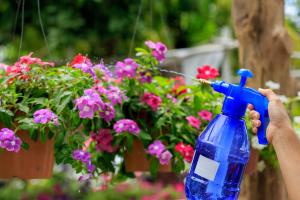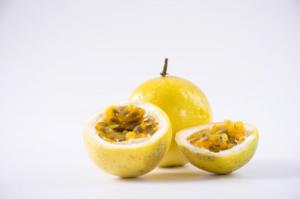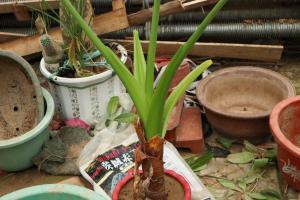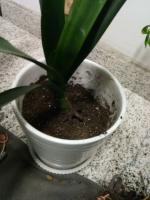Do Air Plants Harm Trees?
There is a lot of interest in air plants, also known as epiphytes, for their ability to thrive without soil and their eye-catching appearance. However, one question that often comes up is whether these plants harm trees they grow on. In this article, we will explore this question and provide some insights into the relationship between air plants and trees.
The Nature of Epiphytes
Air plants are a type of epiphyte, which means they grow on the surface of other plants, such as trees or rocks, without harming them. Epiphytes are able to obtain water and nutrients from the air and rain without tapping into the host plant's resources. They rely on their own adaptive mechanisms to survive and thrive in their environment.
Epiphytes have evolved specialized structures to absorb water and nutrients. Some air plant species have roots that are used to anchor themselves to their host plant, but these roots do not penetrate the bark or damage the host plant in any way. Other species have developed specialized leaves or scales, which allow them to absorb moisture from the air or capture nutrients from falling debris.
How Air Plants Affect Trees
Air plants do not harm trees in any way. In fact, they can even provide benefits to their host plants. For example, air plants can help to absorb excess moisture from the air and protect the tree from fungal and bacterial infections. They can also serve as habitats for other plants and animals, providing a diverse ecosystem in the canopy.
Furthermore, air plants are not parasites, which means they do not rely on the host plant for survival. They are able to survive without their host plant, although they may not grow as vigorously. Some air plant species even prefer to grow on dead or decaying trees, where they can obtain nutrients from decomposing material.
Caring for Air Plants
In order to thrive, air plants require proper care and attention. You should choose a suitable location for your air plants, where they can receive filtered sunlight and enough humidity. Air plants should be watered regularly, but not too much to avoid overwatering. You can mist your air plants with water or soak them in a bowl of water for 10-15 minutes every week. It is important to avoid using tap water or soft water, as the minerals in the water can harm your air plants.
Air plants require no fertilizers or special soil, as they obtain nutrients from the air and rain. However, you can feed your air plants with a diluted solution of fertilizer once a month during the growing season. It is important to avoid using too much fertilizer, as this can damage the sensitive leaves of air plants.
Conclusion
Air plants are fascinating and beautiful plants that can be a great addition to your home or garden. They are not harmful to the trees they grow on, and can even provide benefits to their host plant. With proper care and attention, you can enjoy the beauty and benefits of air plants for years to come.

 how many times do yo...
how many times do yo... how many planted tre...
how many planted tre... how many pine trees ...
how many pine trees ... how many pecan trees...
how many pecan trees... how many plants comp...
how many plants comp... how many plants can ...
how many plants can ... how many plants and ...
how many plants and ... how many pepper plan...
how many pepper plan...






























